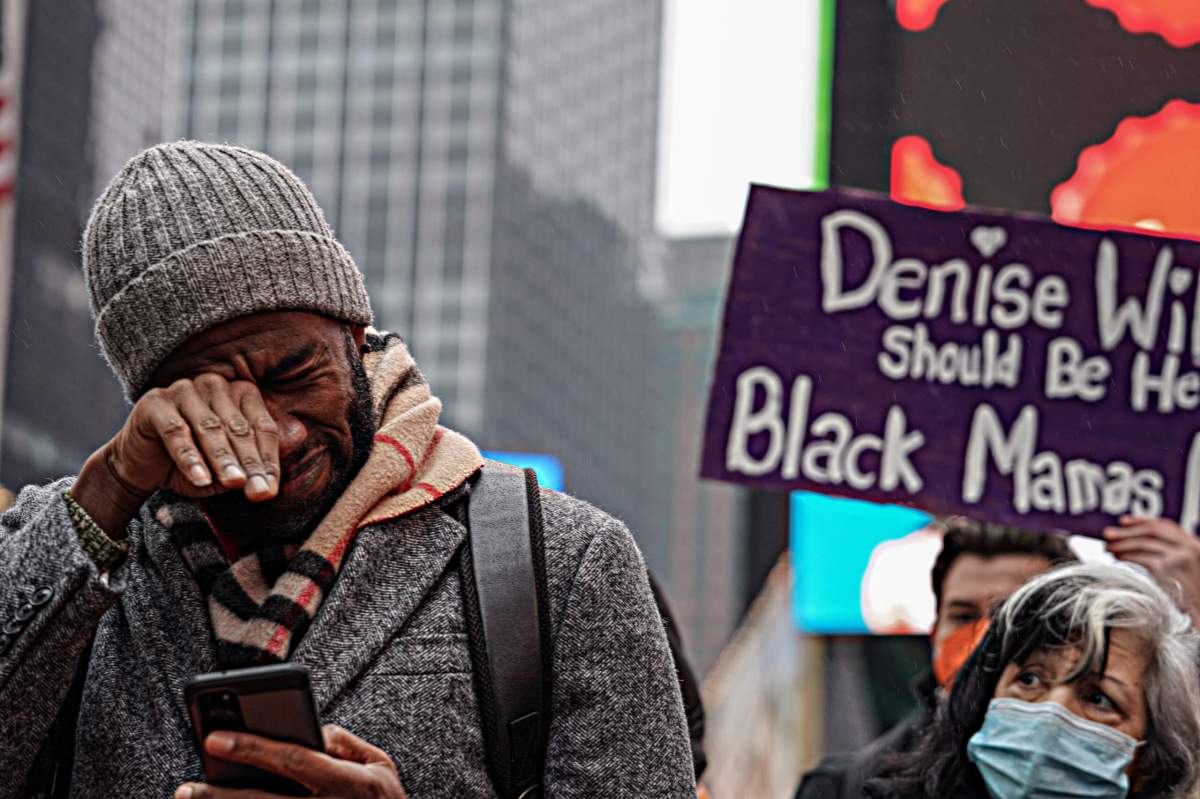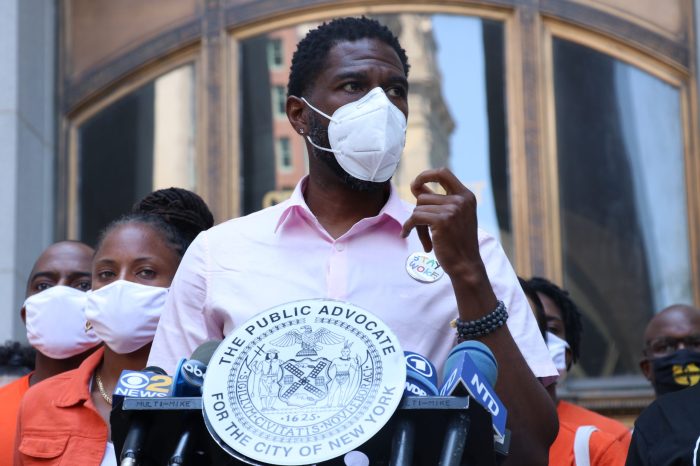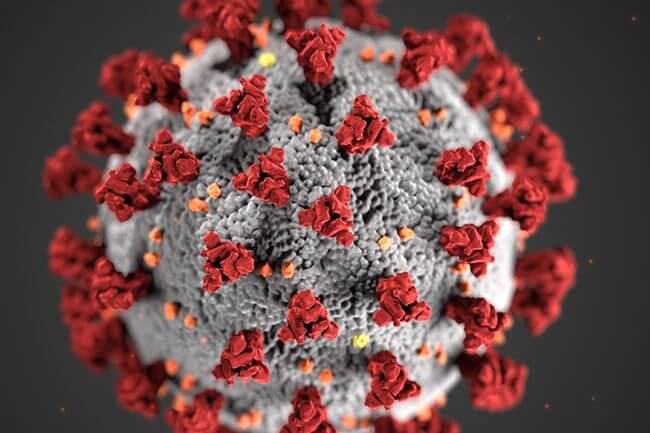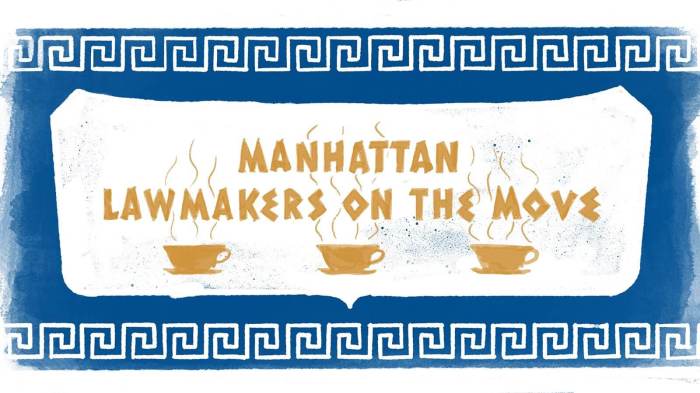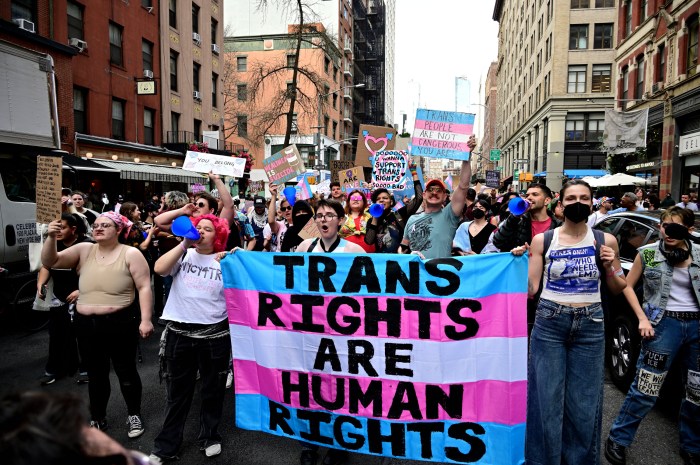A tearful Jumaane Williams led a coalition of advocates in Times Square Monday to raise awareness for birth equality.
With February serving as Black History Month, husbands of Black and Brown women who have perished during childbirth dug their feet in a weather-beaten Duffy Square on Feb. 7 and used the occasion to rebuke what they say is a lack of quality medical care for minority women in areas like the Bronx.
“I founded Save a Rose Foundation after losing my life partner Amber Rose Isaac due to an unscheduled C section that stemmed from medical negligence,” Bruce McIntyre said. “She was supposed to be walking on stage receiving her master’s degree with my son in her arms. Due to medical negligence and systemic racism, we’re not going to be able to see that.”
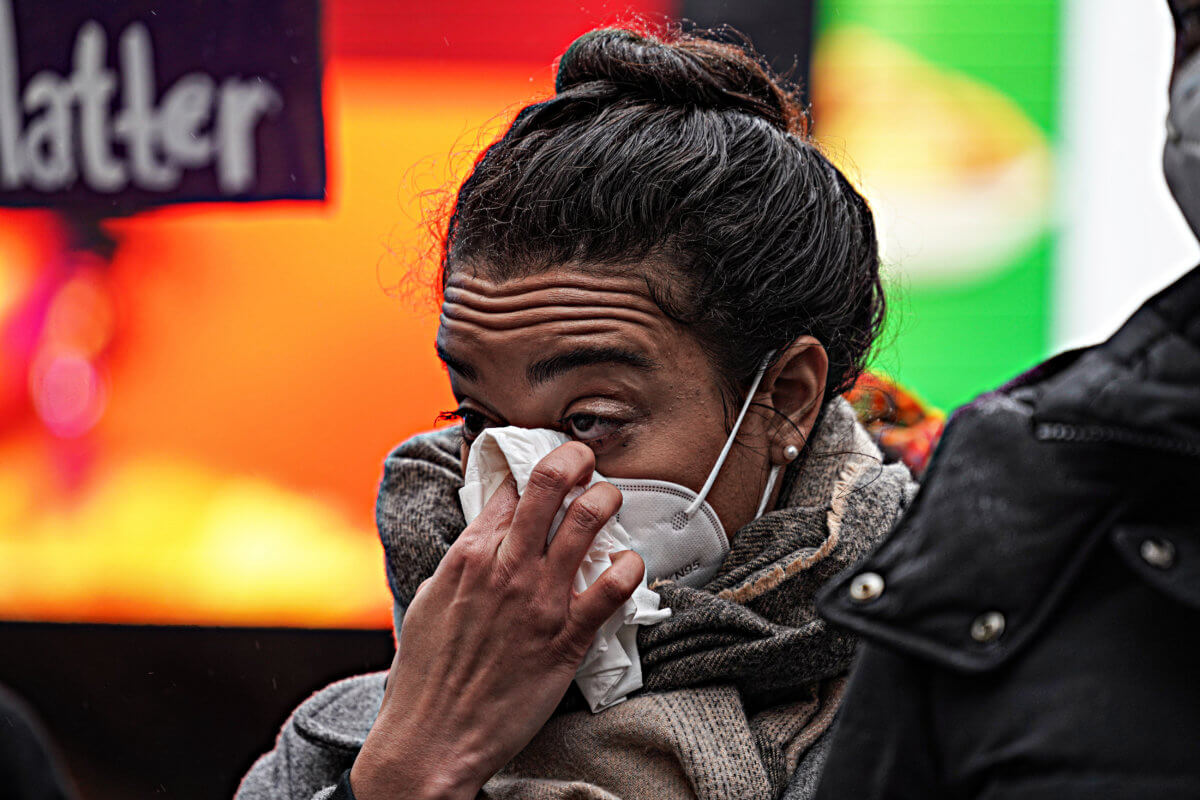
McIntyre spoke of the aspirations the mother of his child yearned to fulfill, including opening a school for children. McIntyre believed being a Black woman, his partner did not have access to the care she should have.
“We need to protect our black women. We have the highest C-section rate in the Bronx. You are 14 times more likely to die in the Bronx. Twelve times more likely to die in Brooklyn. Ten times more likely to die in Queens, and eight times more to more likely to die in Long Island. Over 60% of the women that are receiving C sections should not be having C sections. You are putting money over more value,” McIntyre said.
Even as a prominent elected official, Public Advocate Jumaane Williams said he and his wife are not immune to what the group called systemic racism. While working on raising this issue and remembering those who lost their lives, he admitted he didn’t realize how close to home the concern would hit. Due to some undisclosed complications, Williams’ wife, India Sneed, had her due date moved forward.
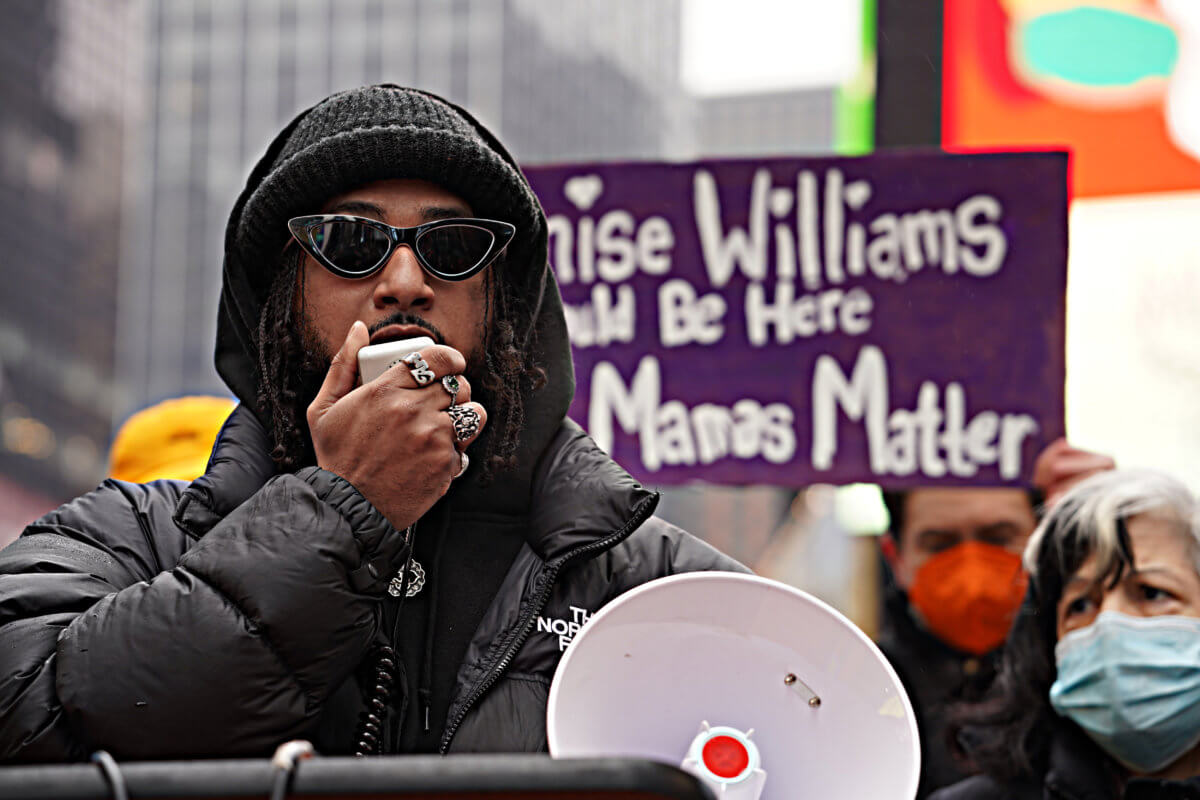
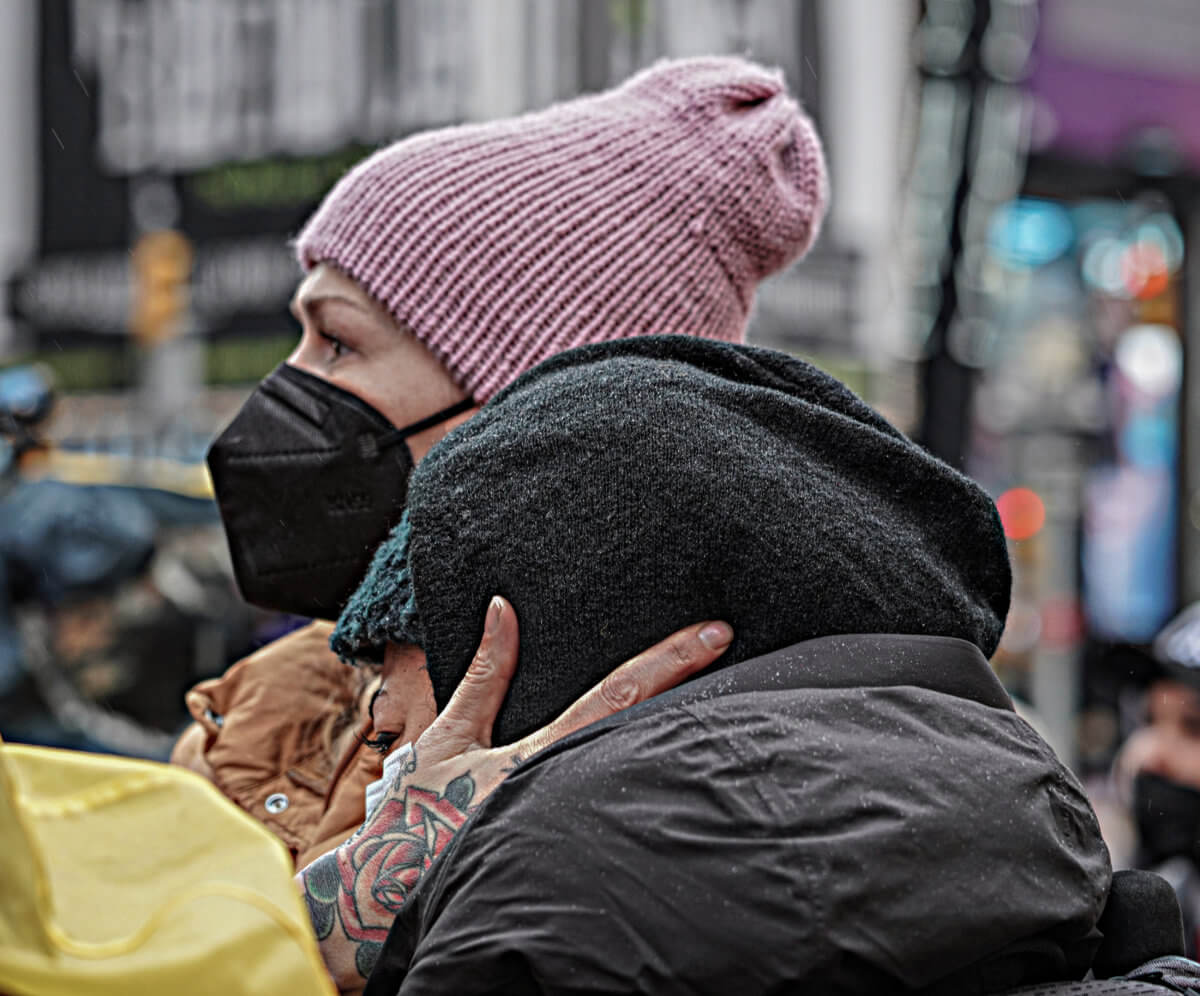
“Our birth date has actually been moved up a month because of some things that the doctor saw and was concerned about. So, continue to please have us in your prayers but everything’s working the way it’s supposed to so I’m thankful for that,” Williams said.
Unable to make it to Times Square in person, Williams read a statement on behalf of his wife. Even though it was in his own voice, the words of his wife made the Public Advocate emotional and had him wiping tears from his eyes.
“As a black woman in my final week of pregnancy, who has looked forward to birthing a beautiful, beautiful miracle baby for the past several months. I am burdened with the grim reality that my chances of death are X higher than my white counterparts. I don’t have capacity to confront that publicly today. I’m already strife with concern over birthing a premature baby healing from C section, visiting NICU, pursuing cancer treatments, managing a household maintaining some semblance of a social life and in due time returning to my professional life ready to conquer as if all that were not enough deaths by way of potential biases for medical providers lurks in the background and unnecessary burden I am going to avoid today,” Williams began to chock up as he read the letter on behalf of his wife.
Those attending the Birth Equity rally called out the failures within the maternal healthcare system and pushed for the passage of Williams’ legislation that aims to improve pregnancy treatment and care.
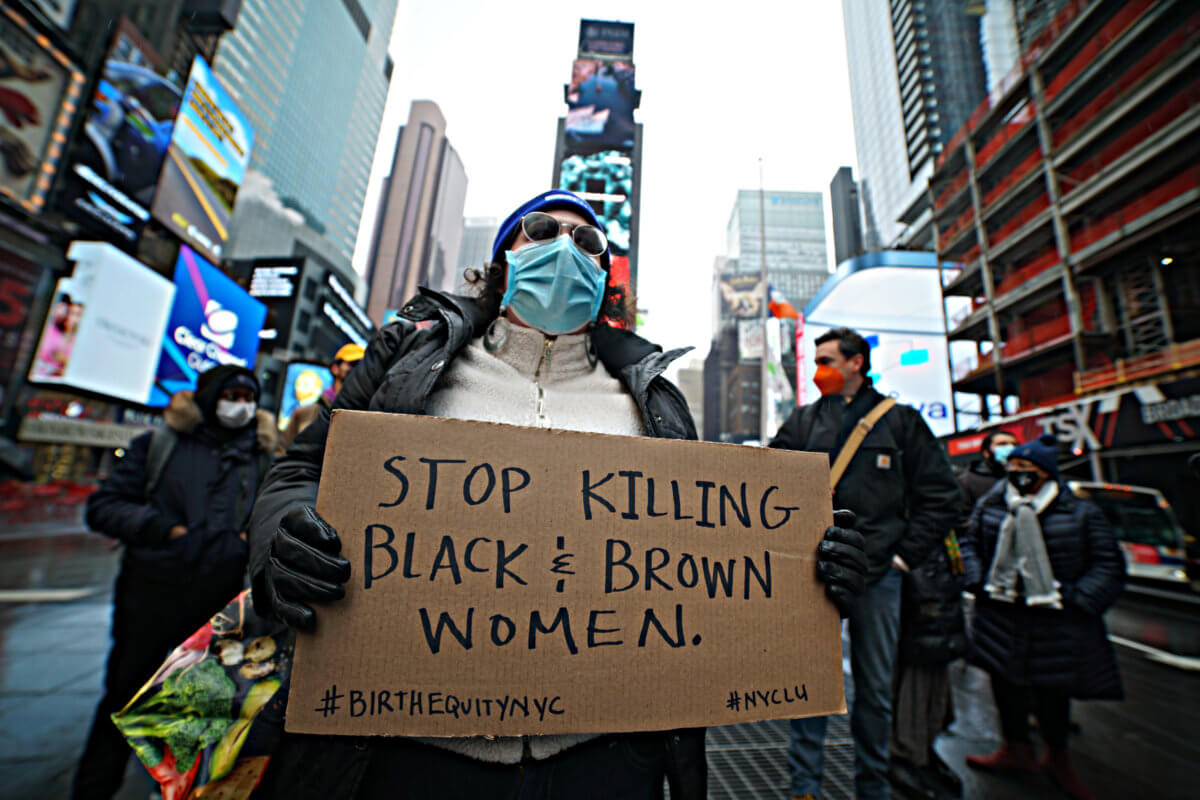
The first bill Williams will be introducing is Intro 2370, which would establish a maternal health bill of rights, create a public education campaign informing individuals on the standards of birth care, and other information. The second bill Intro 2369 addresses the inequities in post-pregnancy care and issues that arise when re-entering the workplace. This legislation would make employers bridge communication and integration for all employees returning from paternal care or medical leave.
In addition, the maternal health legislation package calls on Congress and the President to sign the Black Maternal Health Momnibus Act of 2021, which would provide funding to community-based organizations focused on Black maternal health and research, as well as other tools to help improve pregnancy outcomes in marginalized areas.



